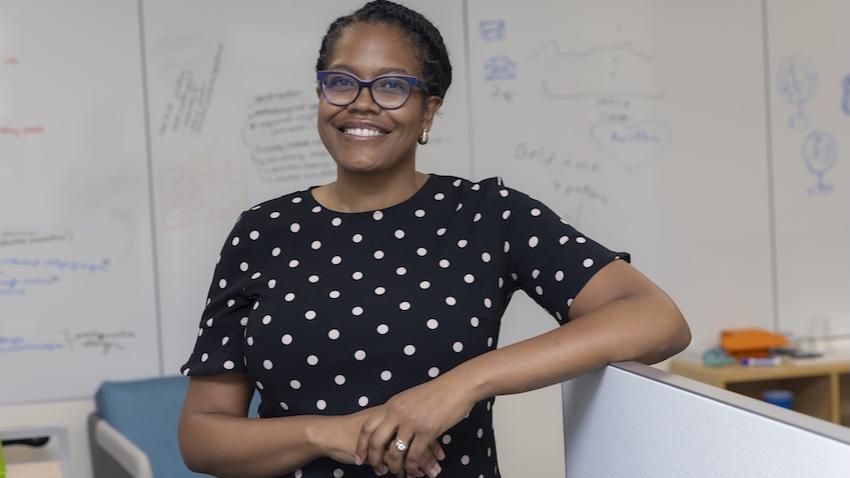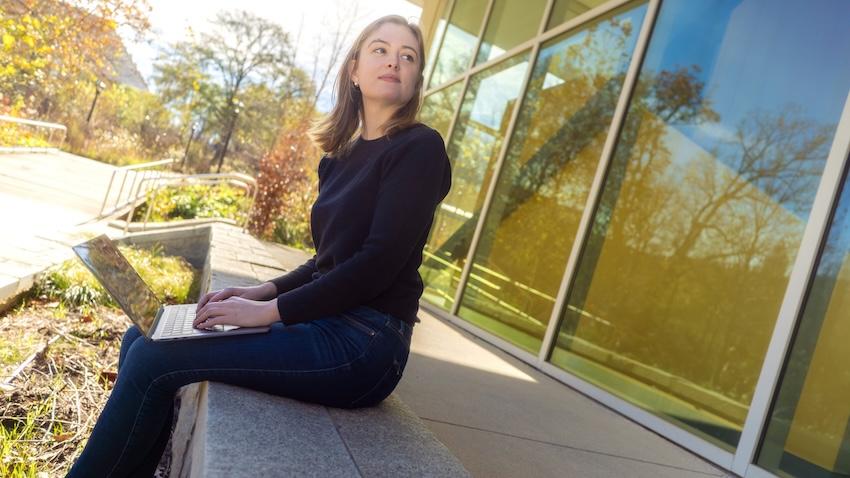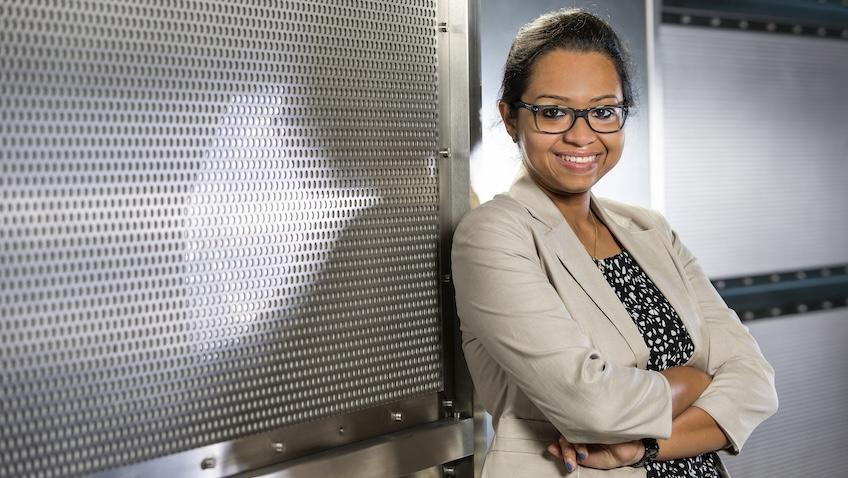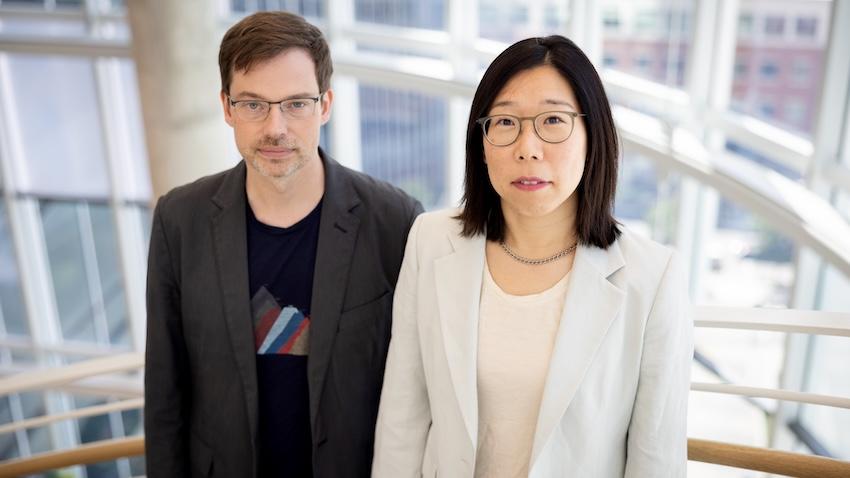
Youth Look to Transform Communities Through Civic Technologies
Young people in Atlanta and Boston will be able to lead efforts to improve their communities through new civic technologies supported by Georgia Tech, Northeastern University, and Massachusetts Institute of Technology researchers.
With the help of a $1.25 million grant from the National Science Foundation, the three institutions seek to increase youth input into policymaking and encourage youth-led community organizing.
Youth-designed civic technologies are an effective way to engage youth with their communities, said Andrea Parker, an associate professor in Georgia Tech’s School of Interactive Computing.
Examples of civic technologies are public data initiatives, citizen science projects, public issue reporting platforms, and digital voting platforms. Parker said the perspectives of young people are often neglected in the design of such technologies.
With the help of a $1.25 million grant from the National Science Foundation, the three institutions seek to increase youth input into policymaking and encourage youth-led community organizing.
Youth-designed civic technologies are an effective way to engage youth with their communities, said Andrea Parker, an associate professor in Georgia Tech’s School of Interactive Computing.
Examples of civic technologies are public data initiatives, citizen science projects, public issue reporting platforms, and digital voting platforms. Parker said the perspectives of young people are often neglected in the design of such technologies.


